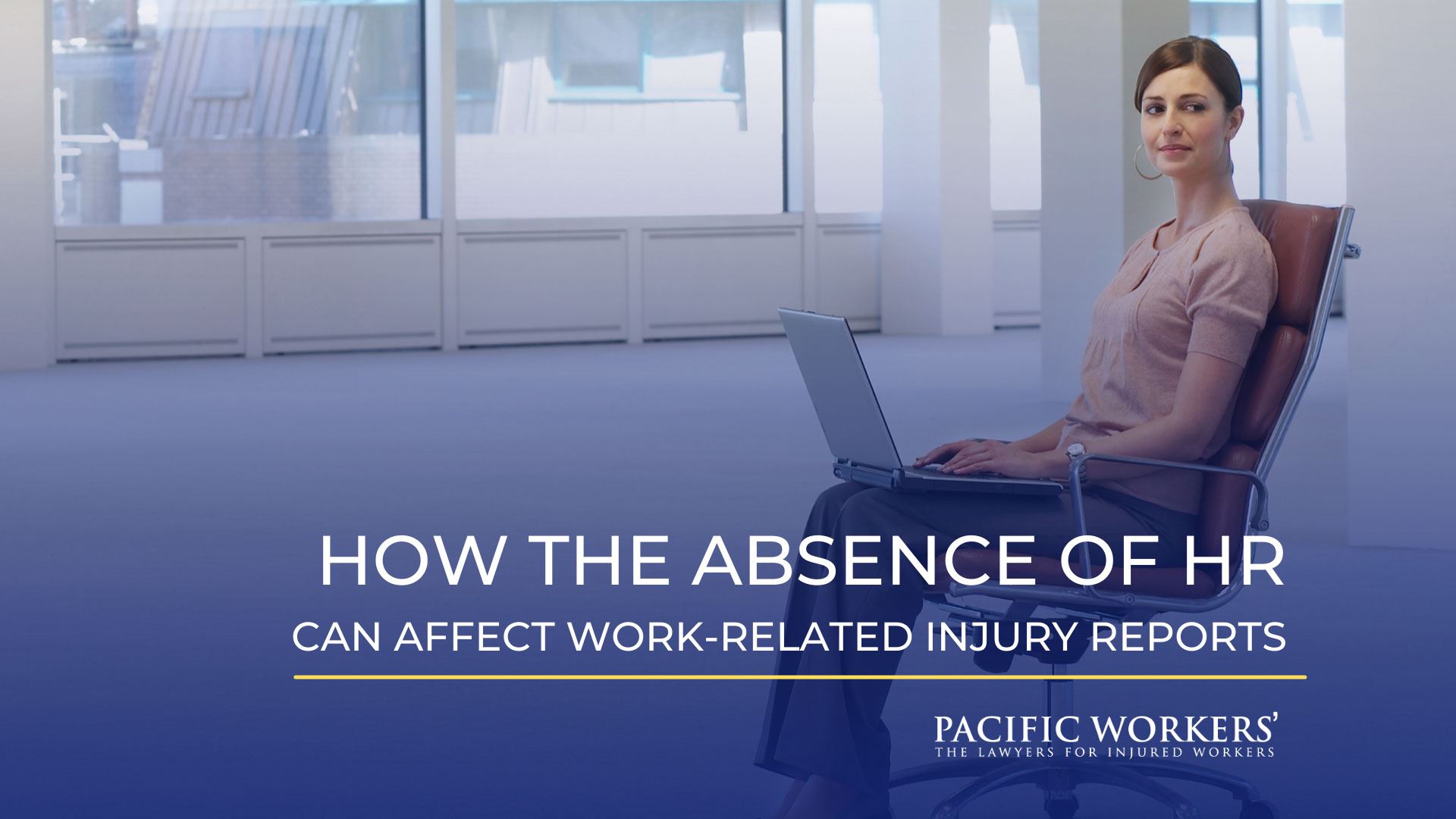Accidents can sometimes occur in the workplace, which can be rather unfortunate for employees. If you’ve never been in a situation where you had a work-related injury, you may wonder what happens in the aftermath of the situation. Does the HR Department handle the injury report? What happens if there’s no HR specialist in your company?
Keep reading to learn the ins and outs of how a company reacts to work-related injuries without an HR Department.
Making a Work-Related Injury Report
One of the HR department’s objectives is to uphold a company’s safety policies, placing them in charge of helping an injured employee get workers’ compensation. HR specialists usually work to assist the employer or work manager in making and filing an injury report for the employee affected.
However, smaller companies may not have an HR department due to budget constraints and several other reasons. This can throw a wrench into the mix, as a work manager may discourage the injured employee or refuse to contact the company’s insurance provider to make a worker’s compensation claim.
Refusing to File the Work-Related Injury Report
There can be numerous reasons an employer had an aversion to making a work-related injury report. It can be because they don’t want the company to shoulder extra expenses when the worker’s compensation claim is approved. An employer may also be trying to use your health insurance instead, making you more liable for your injuries than the company.
Because there isn’t an HR department to protect the workforce of a company, an employer may choose to bargain with an employee to sway them into forgetting about the work-related injury they got. It’s possible that they will just give you your regular pay and a few more incentives so that you keep on working without paying any mind to the injury.
The reactions can even go as far as downright dishonesty in some companies. Some employers lie and downplay the injuries in the report made. Others will mislead an employee about having submitted a notice when they really haven’t. It’s essential to communicate and get proof from a work manager when there’s no HR department involved to verify the information.
Personally Making a Worker’s Compensation Claim

It is possible for employees to personally make a worker’s compensation claim without the supervision of HR and the employer. However, such a situation often entails threats of getting fired in making a claim and a lot more. Be sure to get a worker’s compensation attorney on your side while tackling the legal case and making the claim.
Prepare proof of your work-related injury and the appropriate evidence that you and your lawyer will be submitting to the company’s insurance provider and relevant groups. If you are receiving threats from your workplace, communicate this to the lawyer for reassurance. Some remarks can be rather empty because they can actually be illegal in some states.
Conclusion
To sum it up, the absence of HR in a company can be tricky when an injured employee needs to file a claim. There’s a possibility that an employee will choose to undermine or ignore the need for worker’s compensation, as there’s no department to hold them accountable.
Require a workers’ compensation attorney? Pacific Workers provides lawyers for injured workers in Northern California and surrounding areas. Call us at 800-606-6999 for a free consultation!
About the author

 Bilal Kassem President and Co-founder
Bilal Kassem President and Co-founder
Bilal Kassem, is the co-founder of Pacific Workers. Bilal has been nominated for Applicant Attorney of the Year. His passion for helping injured workers brings his leadership with his team to assist with empathy and world-class customer service. He fosters a supportive atmosphere, which is why each one of his team members feels empowered to excel. With a 98% success rate at Pacific Workers, Bilal is on a mission to continue to educate and serve any injured worker in CA.

